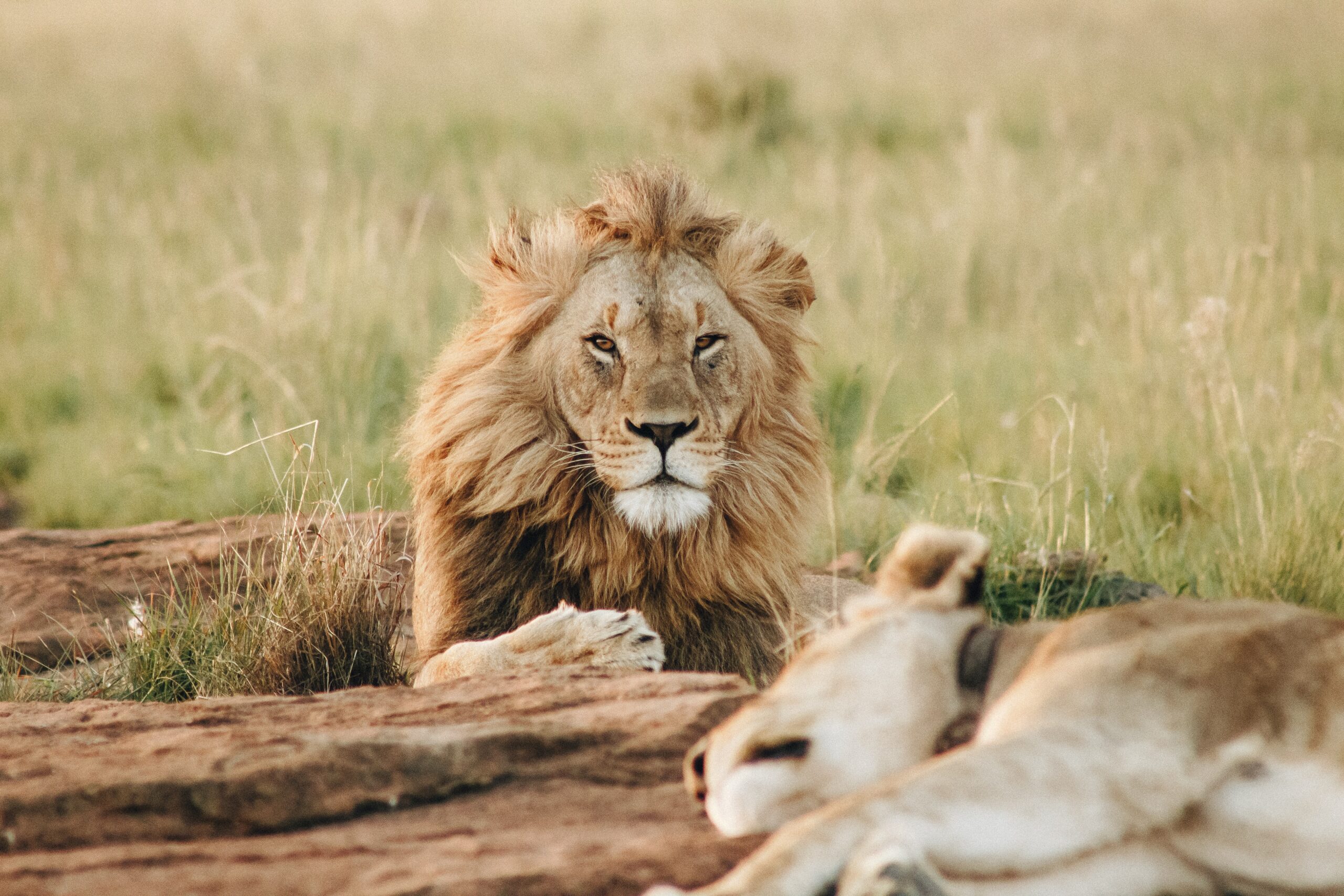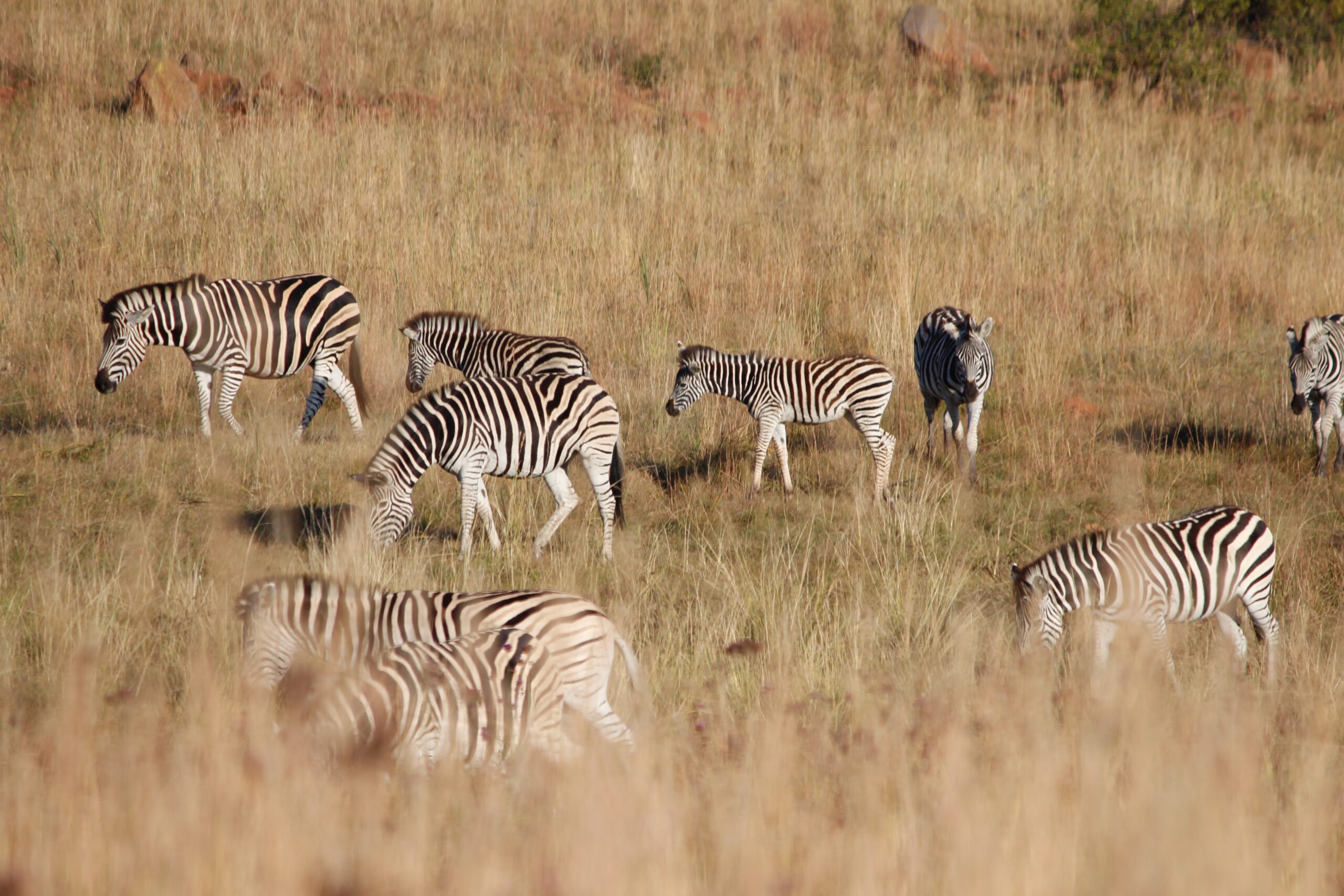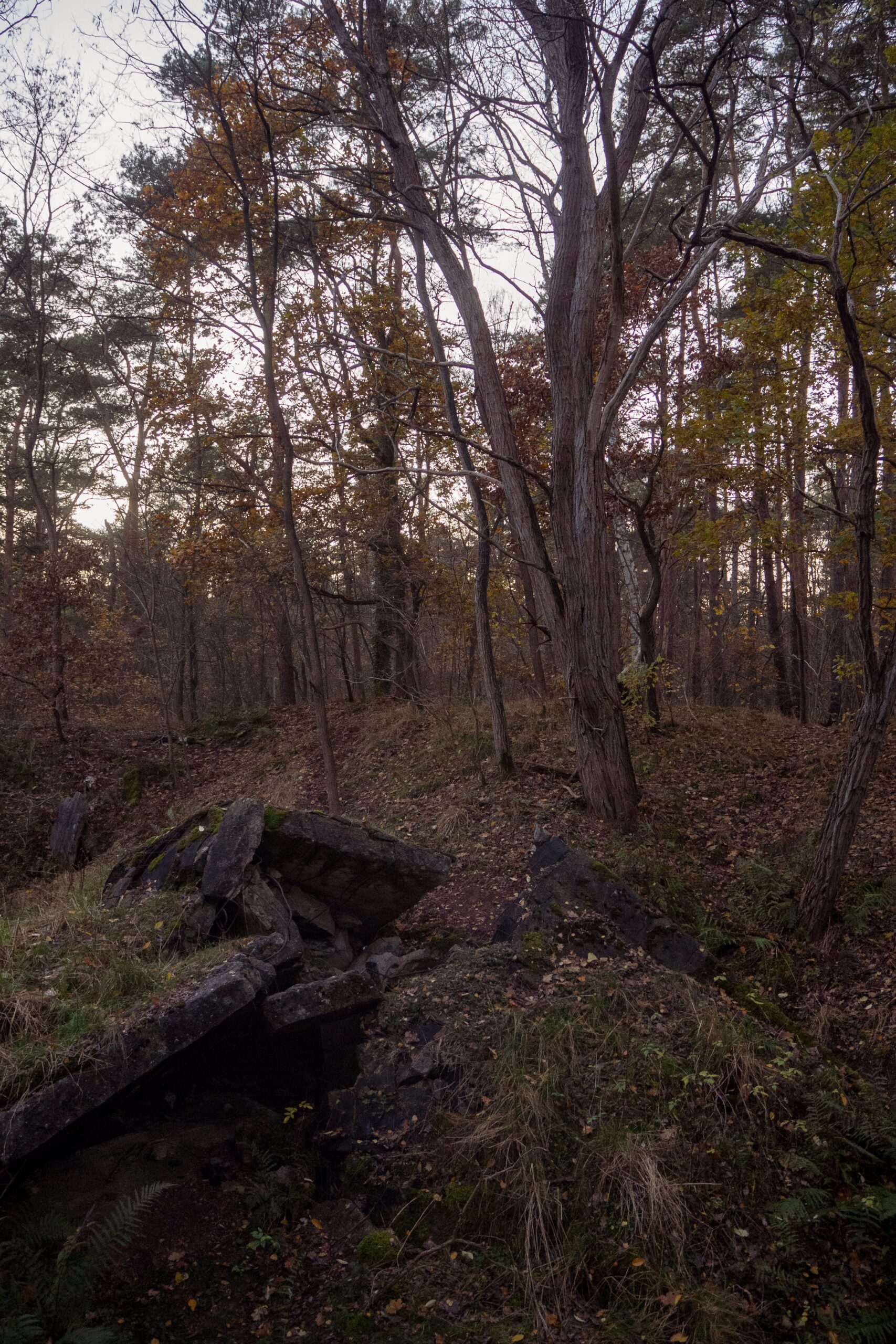In recent times arguments for conservation allying with corporations have been prominent and not least in the advocacy of ‘new conservation’. This has set up a false dichotomy between traditional conservation and concern for humanity. The supposed intrinsic/instrumental, human/non-human conflict in conservation appears as a diversion from the actual problem which is the modern organization of society as a capital accumulating machine based on competition and shifting costs onto others. This is particularly evident in the corporate and financial forms of capitalism which have been taking over conservation, and more broadly environmental policy debates. Pragmatism in the form of ‘new conservation is argued to involve contradictions going back to Pinchot and encapsulated in modern ideas of sustainable development. This has accelerated environmental destruction and social inequity, exploitation, and injustice. The loss of biodiversity will accelerate with the financialization of Nature via a range of new instruments (e.g. biodiversity banking, trading, offsetting, green/blue bonds, species credits, extinction futures markets, and climate catastrophe bonds) that are being promoted by major conservation NGOs (e.g. WWF, TNC). Preserving, empowering, and developing alternative social-ecological forms of running economies is then seen as the central issue for protecting both humans and non-humans alike. Divisions in conservation are argued to be real conflicts over the form and function of economic systems and the currently dominant role of capitalism in its corporate and financial firms.





































































































































































































































































































































































































































































































































































































































































































































































































































































































































































































































